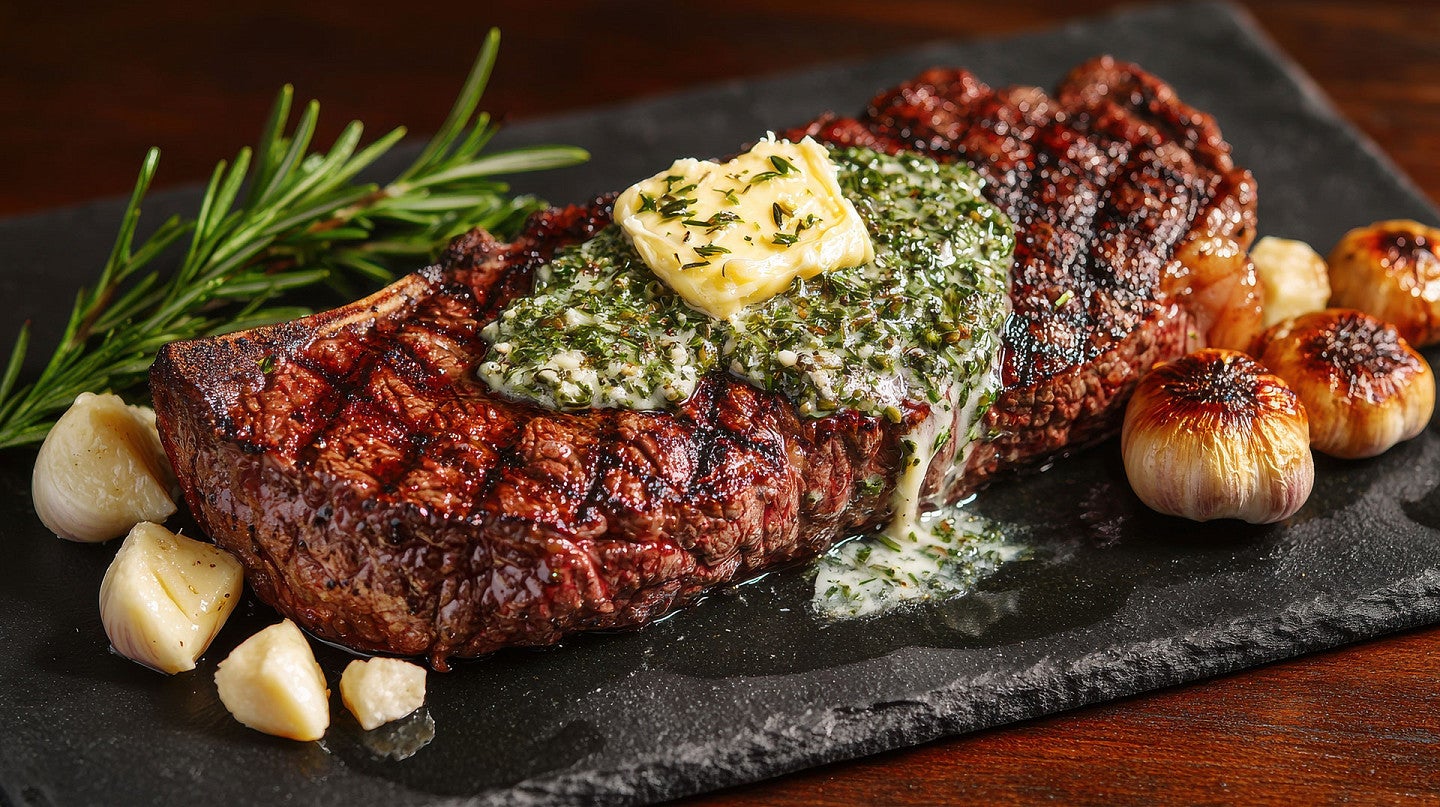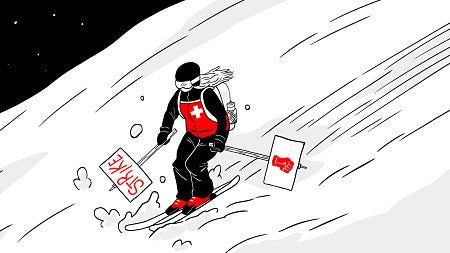February 2026
Experiential Learning | Research & Innovation | Community Impact | Career Preparation | Teaching Excellence | 21st Century Liberal Arts | Building Community | Good Vibes | CAS Spotlights | All Stories | Past Issues
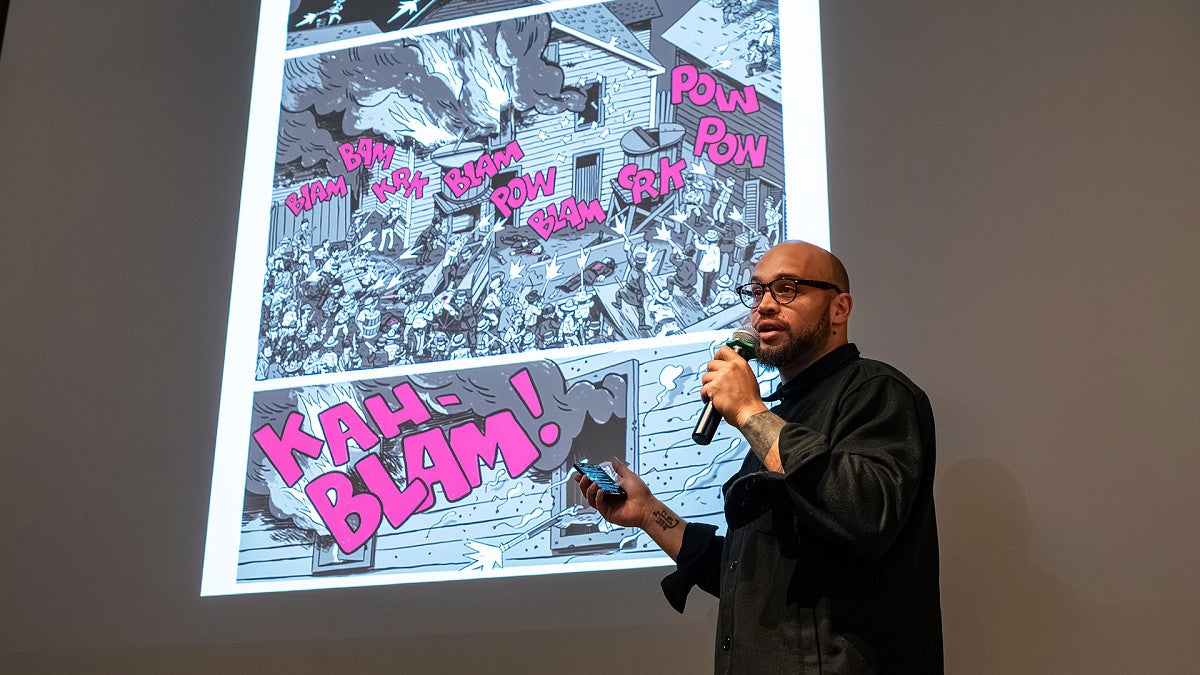
Why persistence is so important
Comics artist Ben Passmore visited the Comics and Cartoon Studies Program to inspire students to persist.
By Jenny Brooks
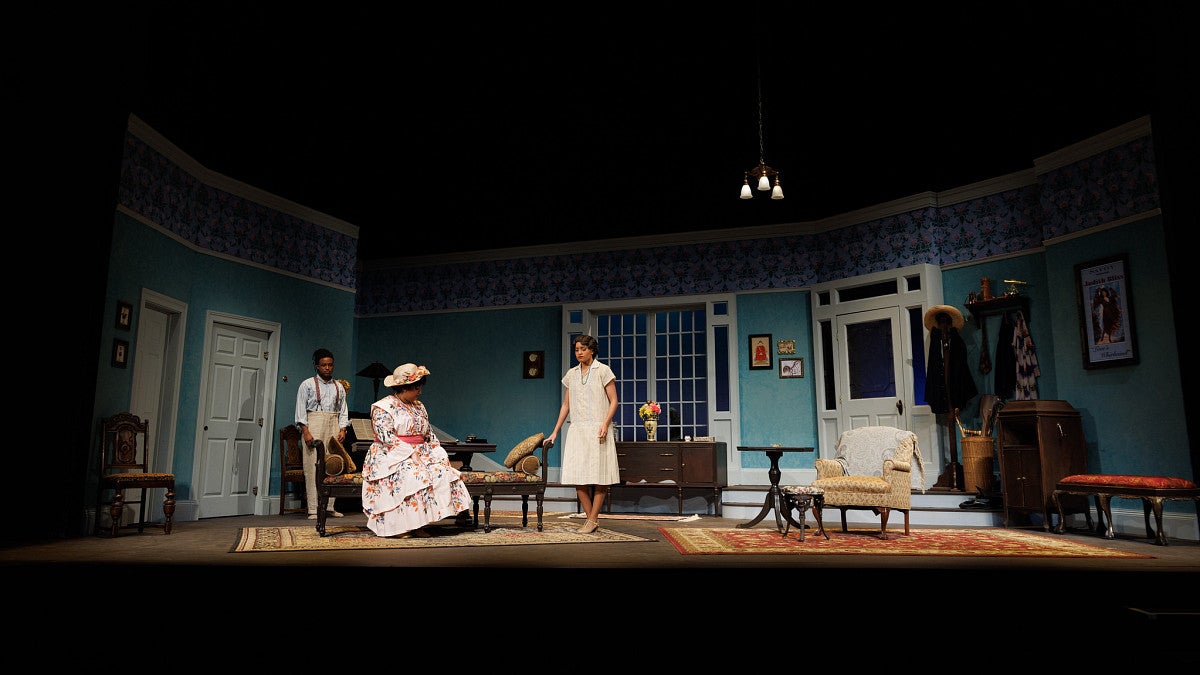
The big stage is back in rotation
University Theatre reopened the Robinson Theatre in February, opening more opportunities for students’ experiential learning.
By Harper Wells
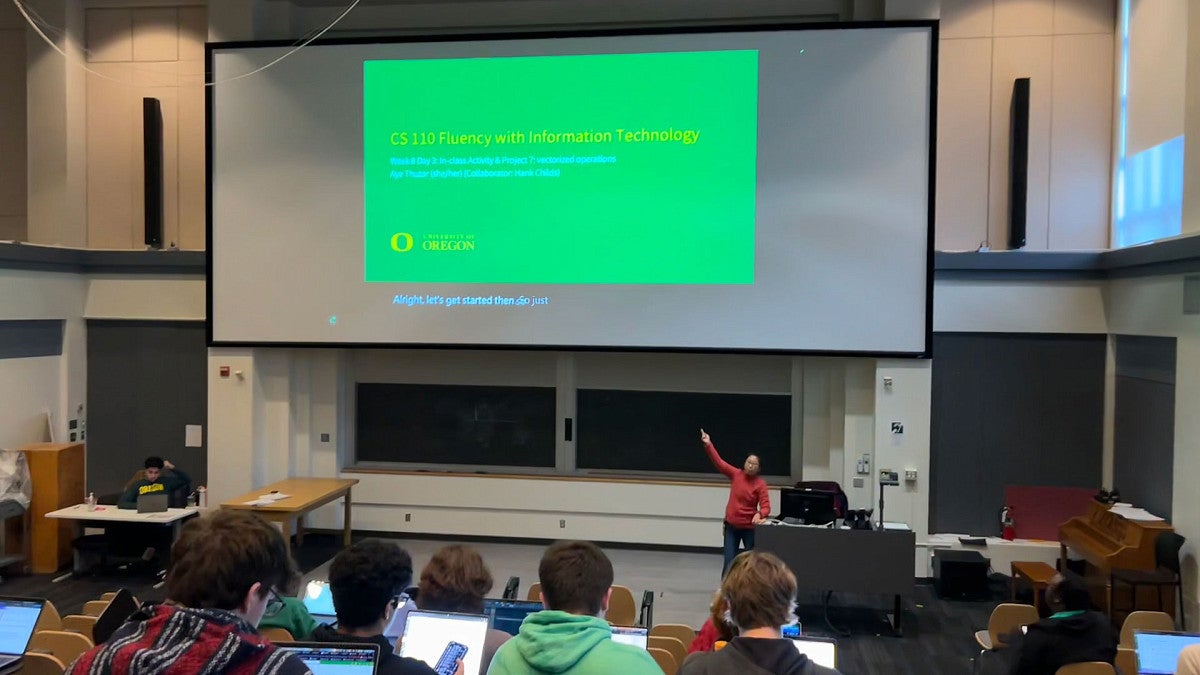
Students learn how to maximize AI
Computer science professors are evolving class curriculum to teach students how to use AI to their advantage.
By Evan Ney
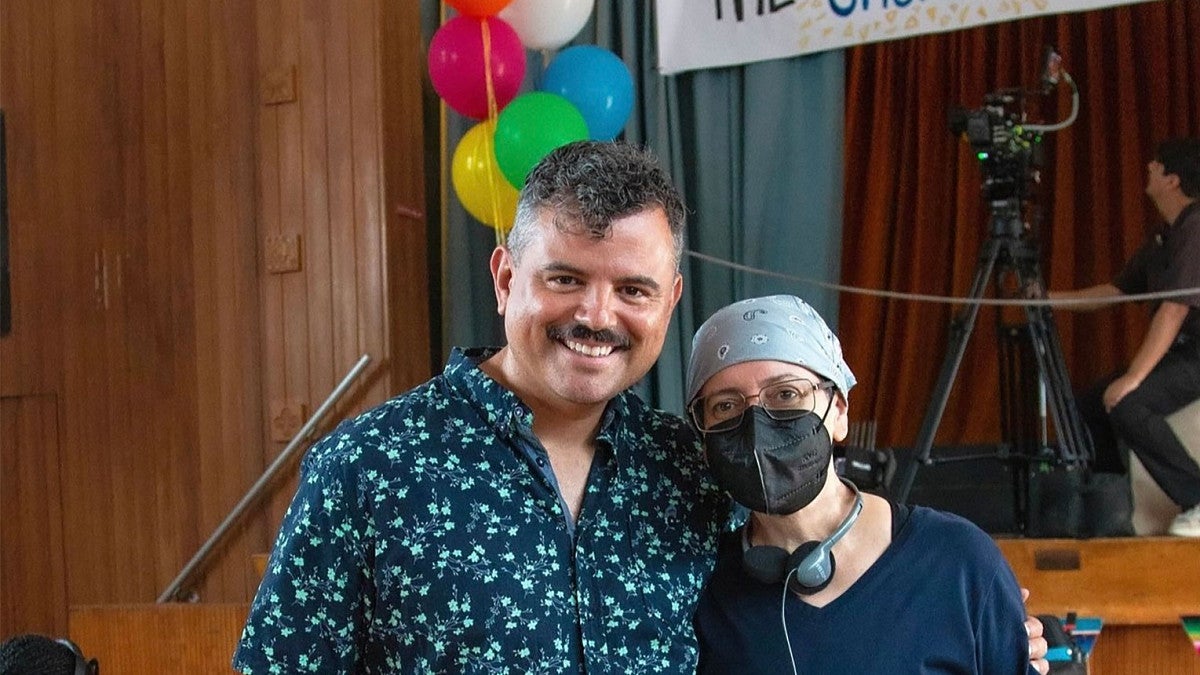
The right grant at the right time
CAS professor has big plans for the award that comes with the prestigious Oregon-based Fields Fellowship he received.
By Henry Houston
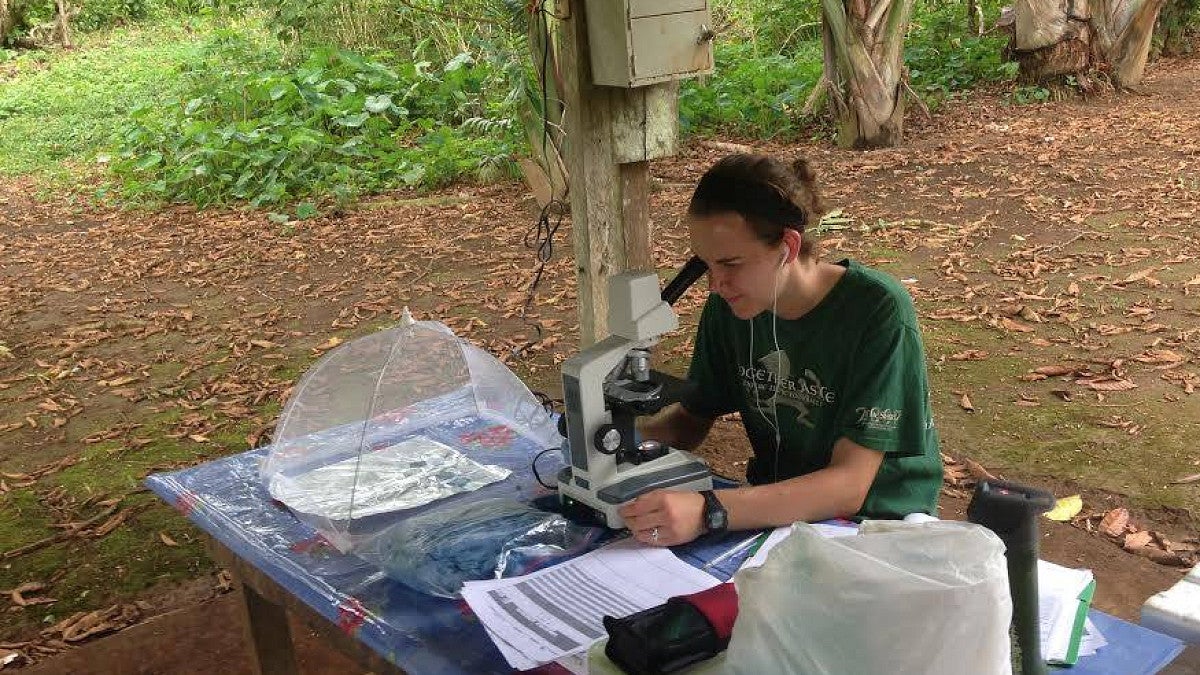
Redefining anthropology
Theresa Gildner’s research in the Amazon as a doctoral student in anthropology led to publications and experience in conducting ethical field research. She continues that work as a Washington University faculty member.
By Maria Soto Cuesta
Find CAS on Instagram
Connect with Us
CAS Connection is produced by the CAS Communications Department.
Got something to say? Send us your story ideas or contact us at CASConnection@uoregon.edu.
We know you don’t want to miss a single moment of CAS greatness. Stay plugged into the #CASCommunity by following us on your favorite channels.
|
|
|
|
|
|
|---|


